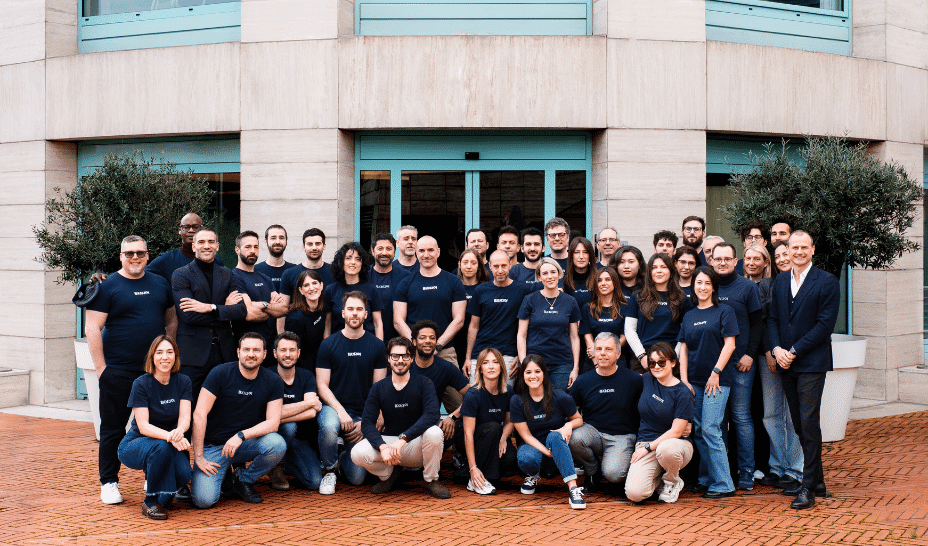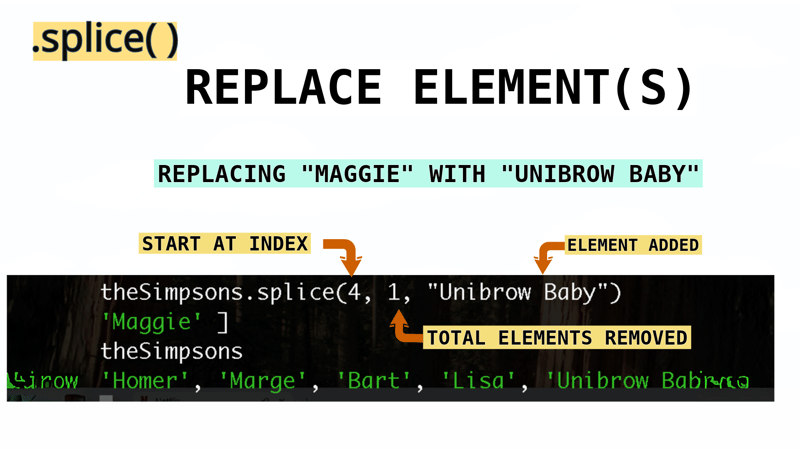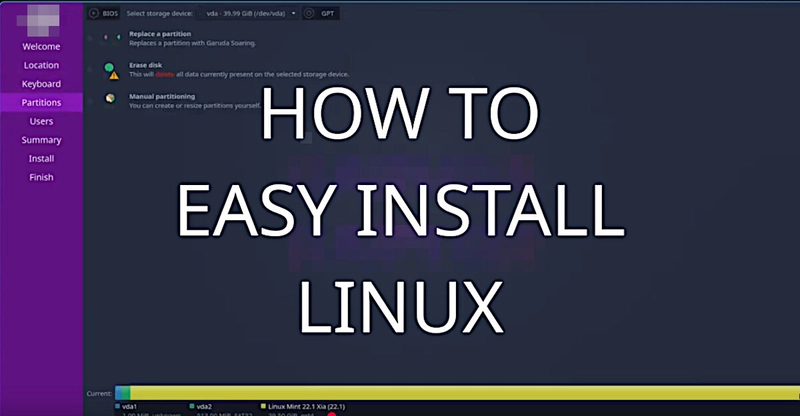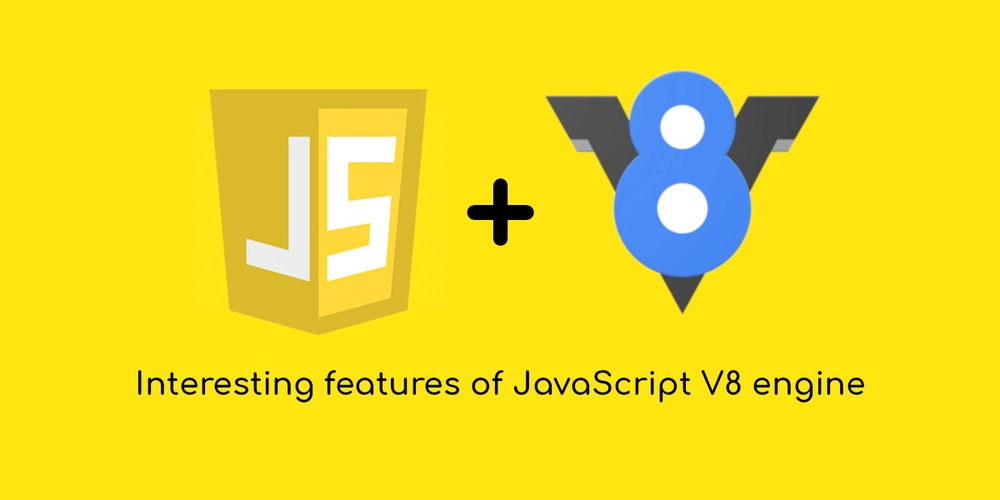Learning Rust for Programmers
Rust is a modern programming language that prioritizes safety, performance, and concurrency. Originally developed by Mozilla, Rust is designed for systems programming but has grown in popularity for a wide range of applications, including web development and game programming. In this post, we’ll explore what makes Rust unique and how you can get started learning it. Why Learn Rust? Memory Safety: Rust's ownership model ensures memory safety without the need for a garbage collector. Performance: Rust offers performance comparable to C and C++, making it suitable for system-level programming. Concurrency: Built-in support for concurrent programming helps avoid data races. Growing Ecosystem: A vibrant community and ecosystem with libraries and tools (crates) available via Cargo. Interoperability: Can easily integrate with existing C and C++ codebases. Getting Started with Rust To start programming in Rust, follow these steps: Install Rust: Use rustup, the Rust toolchain installer. Follow the instructions at rust-lang.org. Set Up Your Environment: Use an IDE like Visual Studio Code with the Rust extension for syntax highlighting and IntelliSense. Create a New Project: Use Cargo, Rust’s package manager and build system. cargo new my_project cd my_project cargo run Basic Syntax and Features Here are some fundamental concepts in Rust: Variables and Mutability fn main() { let x = 5; // immutable let mut y = 10; // mutable y += 5; println!("x: {}, y: {}", x, y); } Control Flow fn main() { let number = 6; if number % 2 == 0 { println!("Even"); } else { println!("Odd"); } } Functions fn add(a: i32, b: i32) -> i32 { a + b } fn main() { let result = add(5, 3); println!("Result: {}", result); } Key Concepts in Rust Ownership: Each value in Rust has a single owner, preventing data races. Borrowing: References allow functions to access data without taking ownership. Lifetime: Rust tracks how long references are valid to prevent dangling references. Learning Resources The Rust Programming Language: The official book, available for free online. Rust by Example: Hands-on tutorials to learn Rust through examples. Exercism: Practice Rust coding exercises with mentorship. Rustlings: Small exercises to get you familiar with Rust syntax and concepts. Best Practices Write clear and concise code with meaningful variable names. Use the Rust compiler's warnings to improve code quality. Leverage Cargo for dependency management and building projects. Participate in the Rust community through forums, Discord, or local meetups. Conclusion Learning Rust can open doors to systems programming, high-performance applications, and much more. Its focus on safety and concurrency makes it an ideal choice for modern development. Dive into Rust today, and start building efficient and robust applications!

Rust is a modern programming language that prioritizes safety, performance, and concurrency. Originally developed by Mozilla, Rust is designed for systems programming but has grown in popularity for a wide range of applications, including web development and game programming. In this post, we’ll explore what makes Rust unique and how you can get started learning it.
Why Learn Rust?
- Memory Safety: Rust's ownership model ensures memory safety without the need for a garbage collector.
- Performance: Rust offers performance comparable to C and C++, making it suitable for system-level programming.
- Concurrency: Built-in support for concurrent programming helps avoid data races.
- Growing Ecosystem: A vibrant community and ecosystem with libraries and tools (crates) available via Cargo.
- Interoperability: Can easily integrate with existing C and C++ codebases.
Getting Started with Rust
To start programming in Rust, follow these steps:
-
Install Rust: Use
rustup, the Rust toolchain installer. Follow the instructions at rust-lang.org. - Set Up Your Environment: Use an IDE like Visual Studio Code with the Rust extension for syntax highlighting and IntelliSense.
- Create a New Project: Use Cargo, Rust’s package manager and build system.
cargo new my_project
cd my_project
cargo runBasic Syntax and Features
Here are some fundamental concepts in Rust:
Variables and Mutability
fn main() {
let x = 5; // immutable
let mut y = 10; // mutable
y += 5;
println!("x: {}, y: {}", x, y);
}Control Flow
fn main() {
let number = 6;
if number % 2 == 0 {
println!("Even");
} else {
println!("Odd");
}
}
Functions
fn add(a: i32, b: i32) -> i32 {
a + b
}
fn main() {
let result = add(5, 3);
println!("Result: {}", result);
}
Key Concepts in Rust
- Ownership: Each value in Rust has a single owner, preventing data races.
- Borrowing: References allow functions to access data without taking ownership.
- Lifetime: Rust tracks how long references are valid to prevent dangling references.
Learning Resources
- The Rust Programming Language: The official book, available for free online.
- Rust by Example: Hands-on tutorials to learn Rust through examples.
- Exercism: Practice Rust coding exercises with mentorship.
- Rustlings: Small exercises to get you familiar with Rust syntax and concepts.
Best Practices
- Write clear and concise code with meaningful variable names.
- Use the Rust compiler's warnings to improve code quality.
- Leverage Cargo for dependency management and building projects.
- Participate in the Rust community through forums, Discord, or local meetups.
Conclusion
Learning Rust can open doors to systems programming, high-performance applications, and much more. Its focus on safety and concurrency makes it an ideal choice for modern development. Dive into Rust today, and start building efficient and robust applications!





































































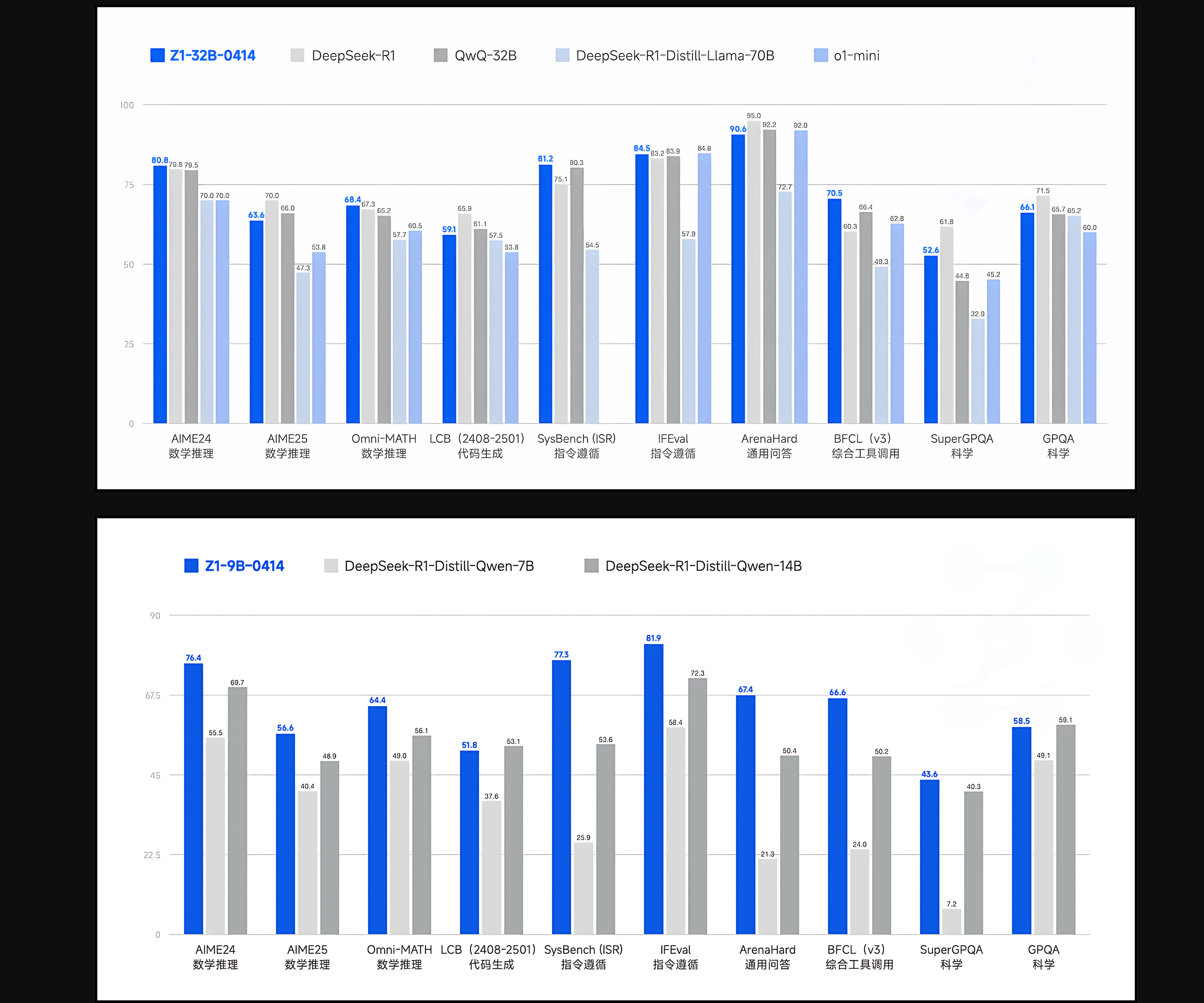





































































































![[The AI Show Episode 143]: ChatGPT Revenue Surge, New AGI Timelines, Amazon’s AI Agent, Claude for Education, Model Context Protocol & LLMs Pass the Turing Test](https://www.marketingaiinstitute.com/hubfs/ep%20143%20cover.png)








































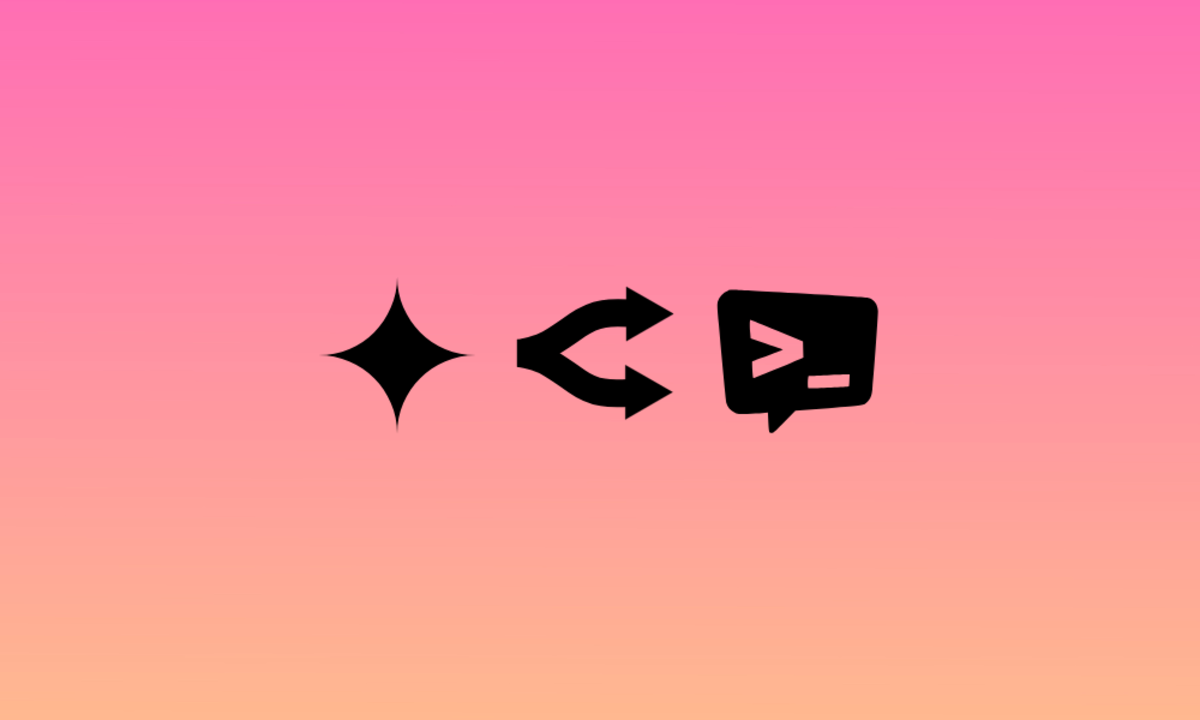



































































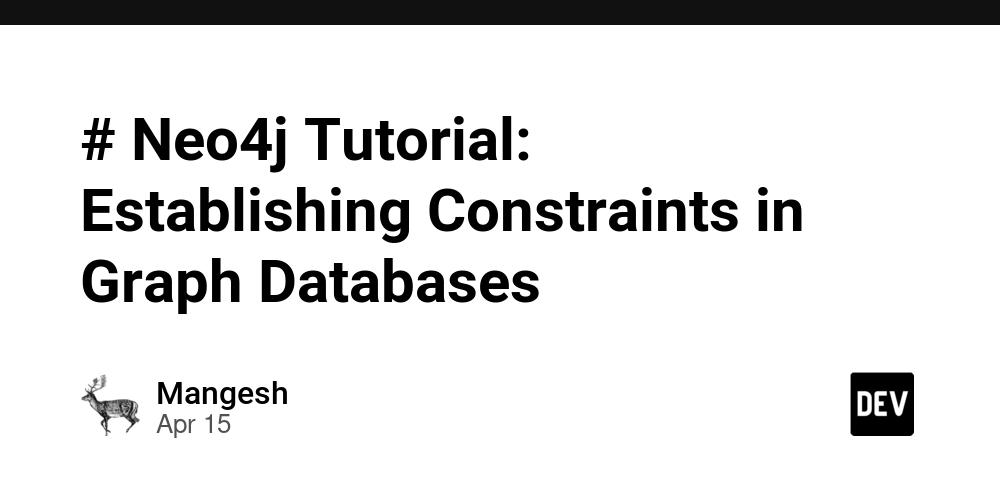
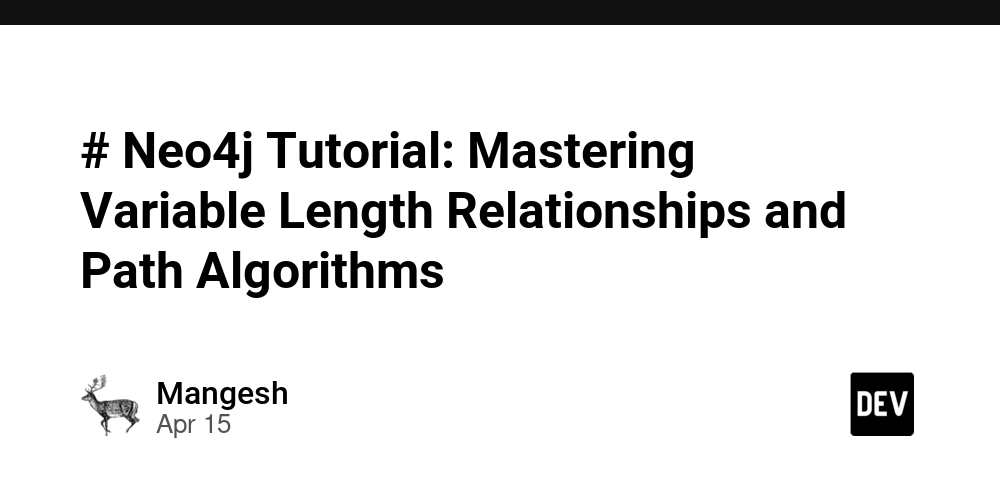

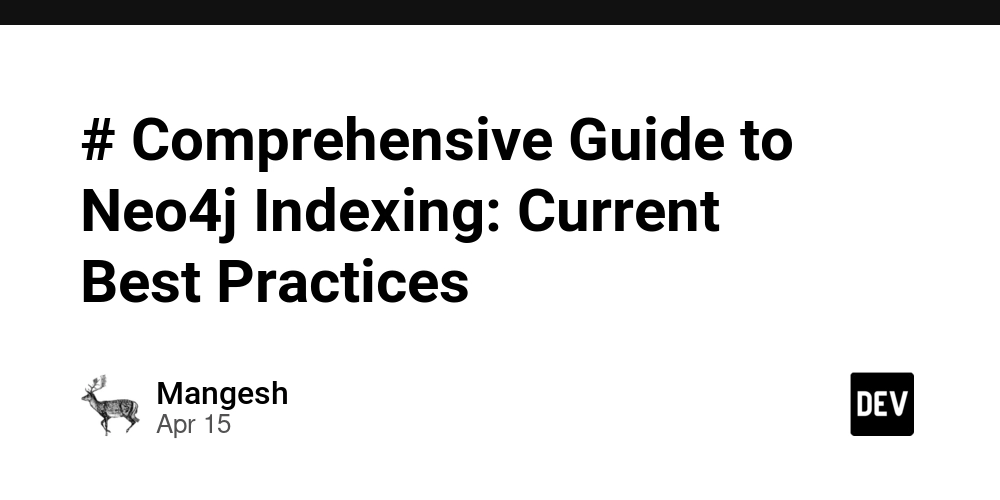

























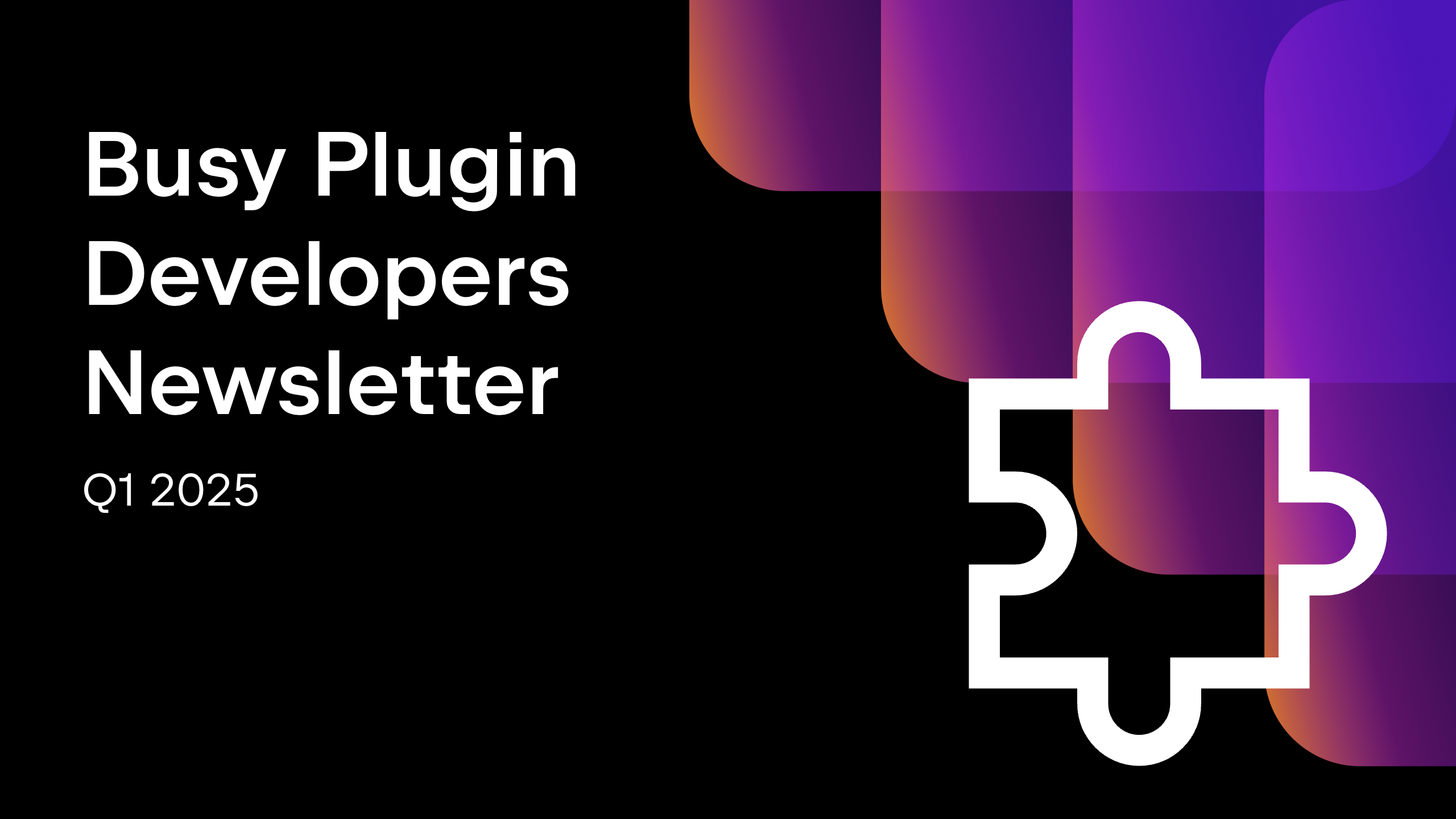
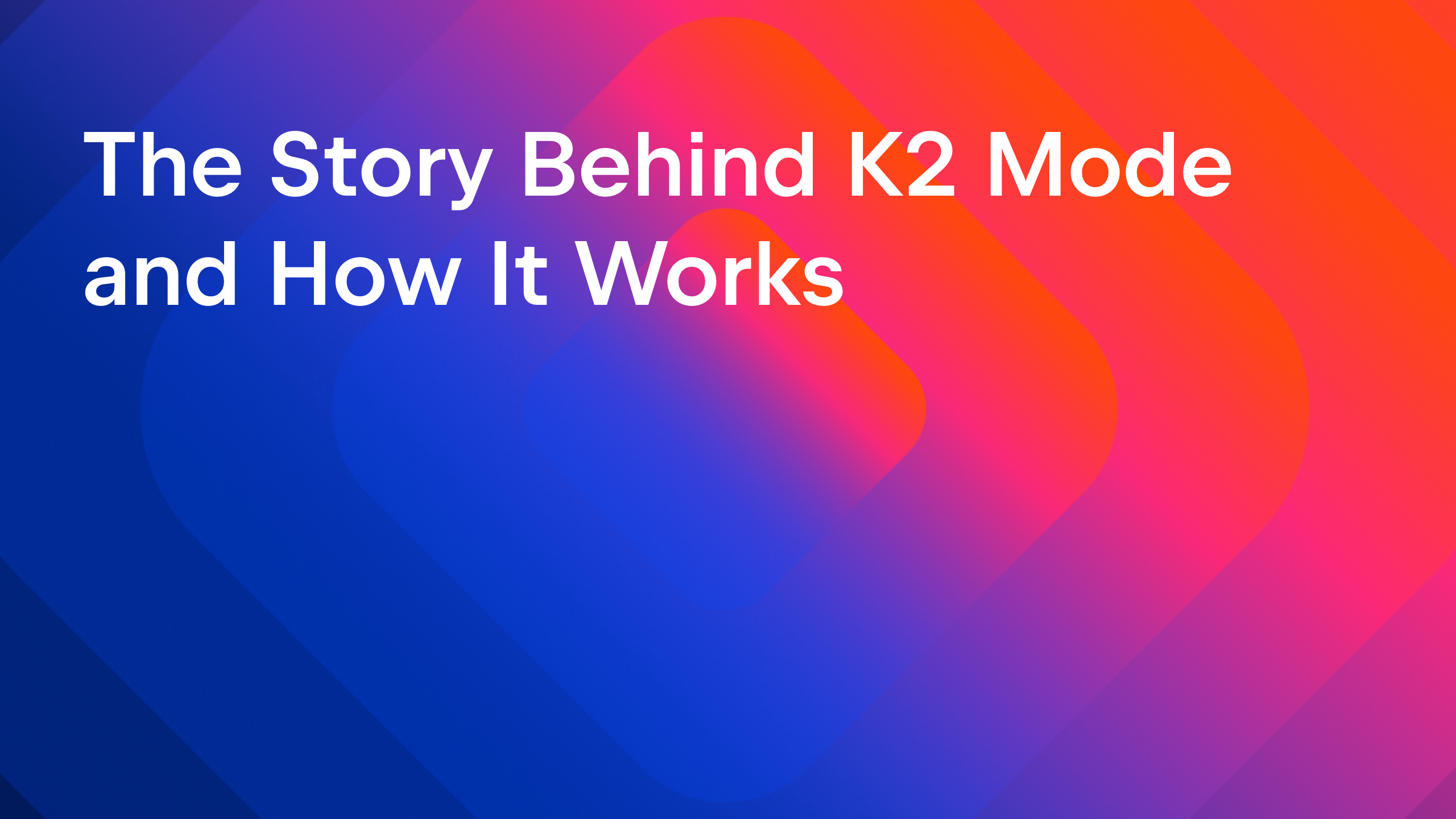








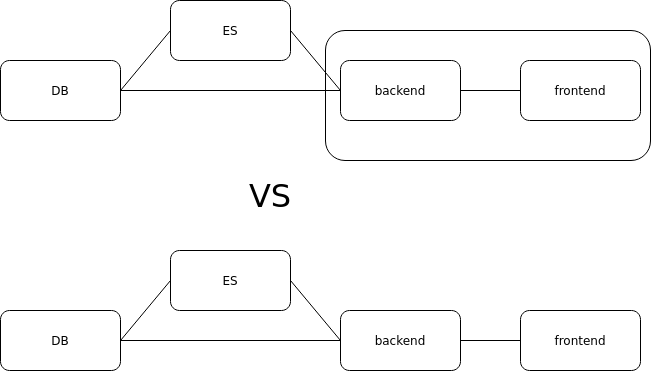

















































































.png?#)





















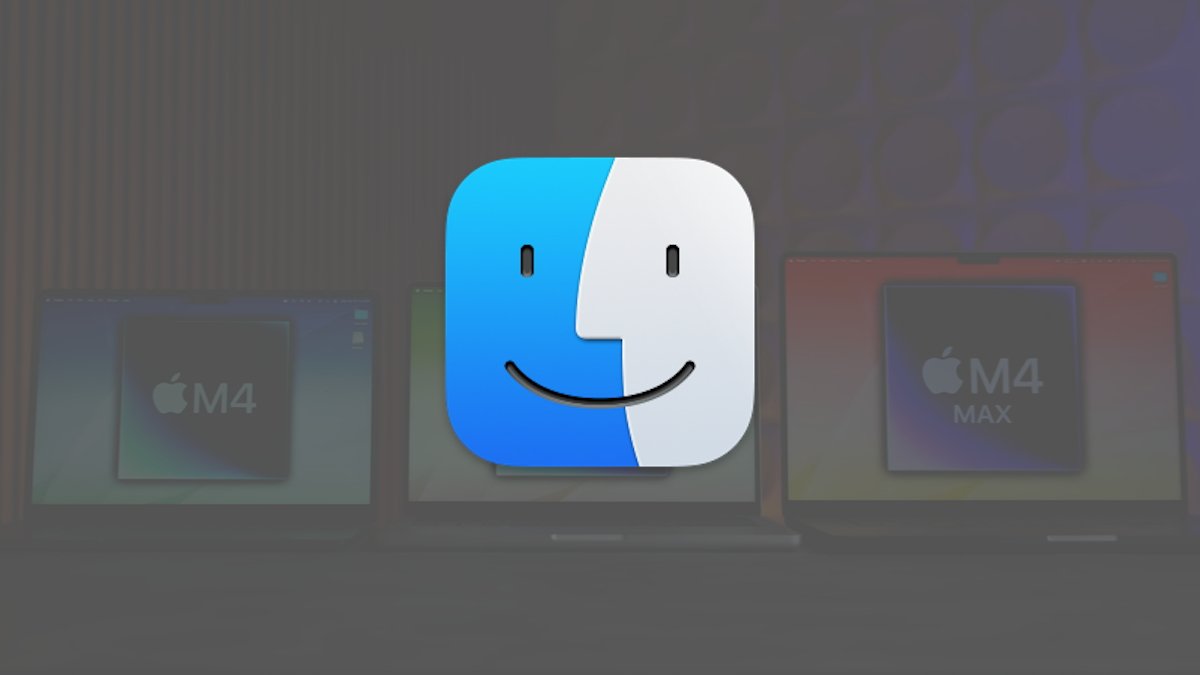



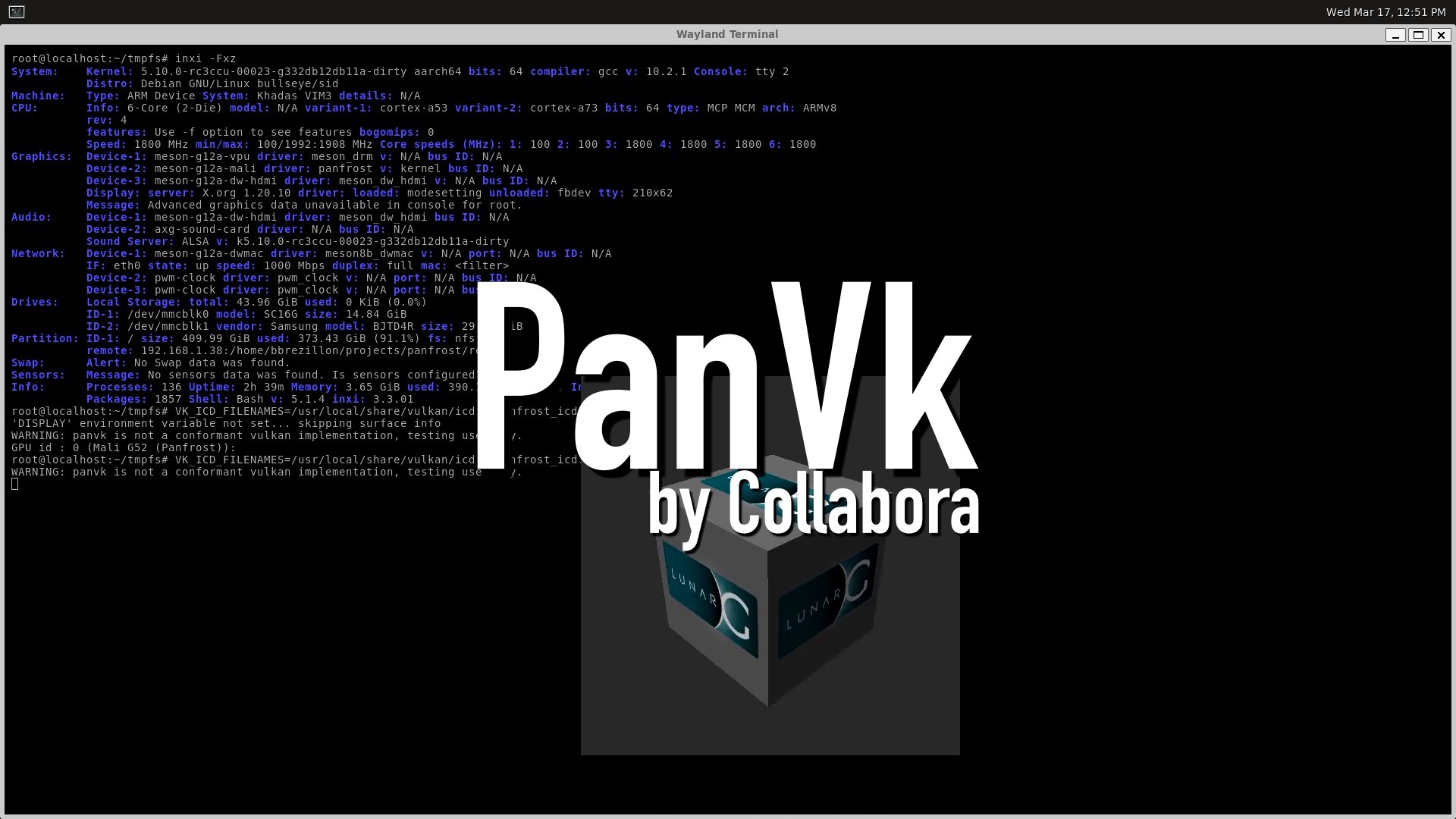










.webp?#)
.webp?#)


















































































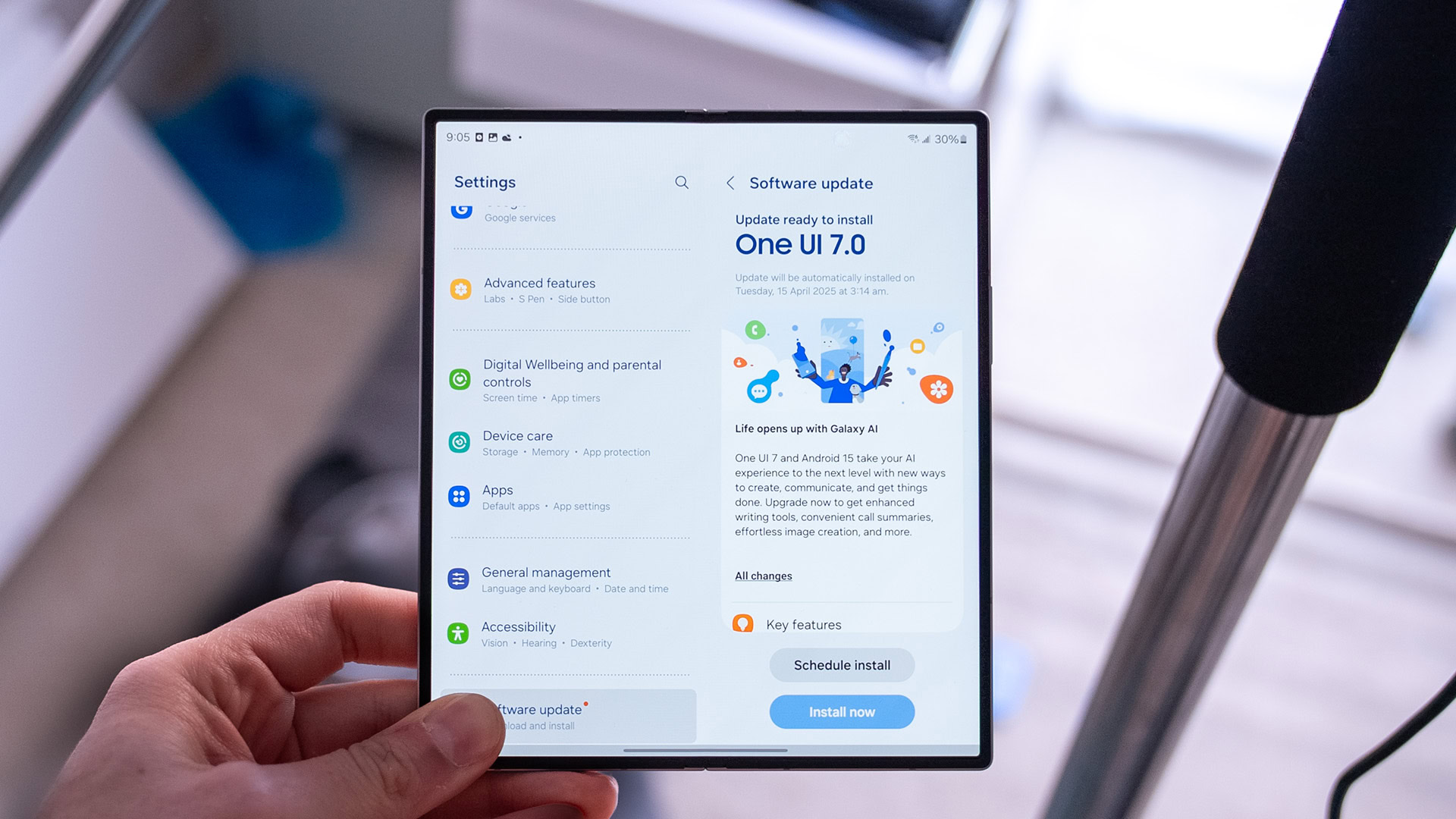




![[Fixed] Gemini app is failing to generate Audio Overviews](https://i0.wp.com/9to5google.com/wp-content/uploads/sites/4/2025/03/Gemini-Audio-Overview-cover.jpg?resize=1200%2C628&quality=82&strip=all&ssl=1)

![What’s new in Android’s April 2025 Google System Updates [U: 4/14]](https://i0.wp.com/9to5google.com/wp-content/uploads/sites/4/2025/01/google-play-services-3.jpg?resize=1200%2C628&quality=82&strip=all&ssl=1)













![Apple Seeds tvOS 18.5 Beta 2 to Developers [Download]](https://www.iclarified.com/images/news/97011/97011/97011-640.jpg)
![Apple Releases macOS Sequoia 15.5 Beta 2 to Developers [Download]](https://www.iclarified.com/images/news/97014/97014/97014-640.jpg)



























































































